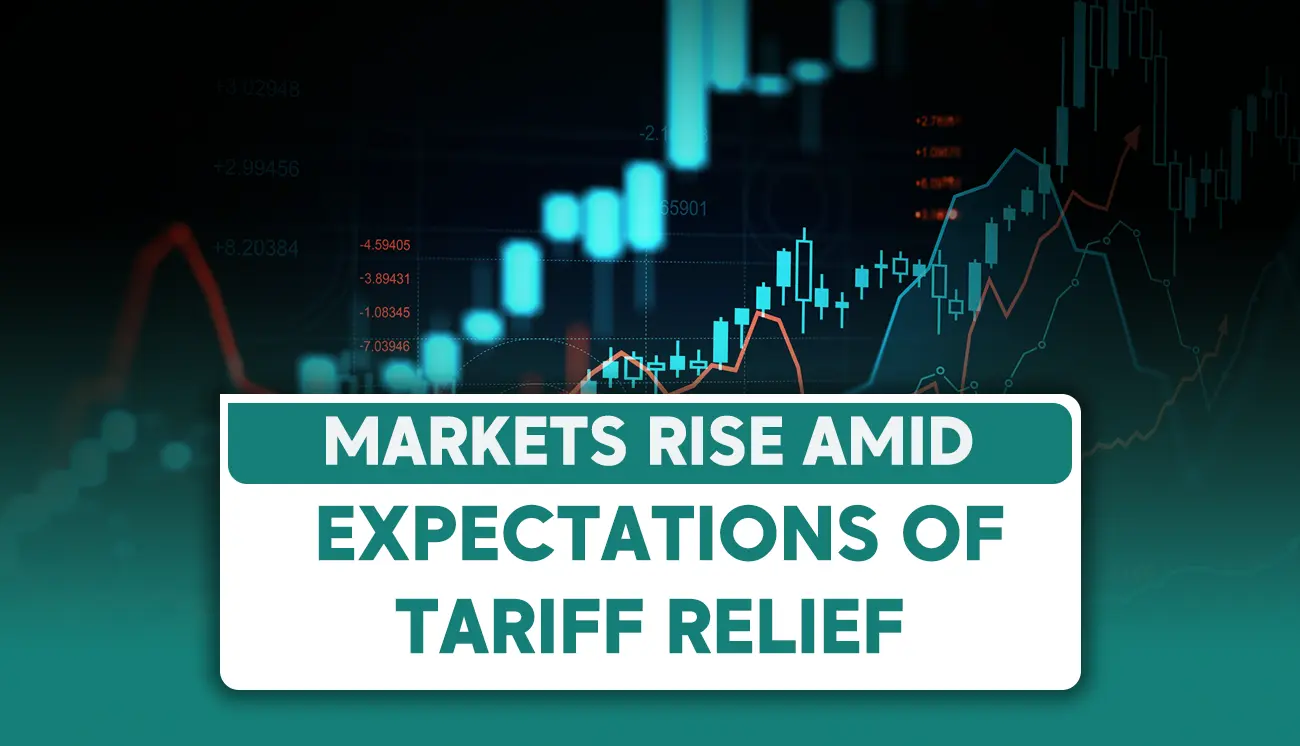The U.S. markets witnessed a sharp decline, causing the S&P 500 to fall to around $5060, marking a drop of more than 20% from its recent peak. This decline increased the pressure on the Trump administration, which continued its hardline rhetoric on tariffs, despite growing concerns among investors about the impact of this policy on economic growth.
It was unclear whether the tariffs would be used as a temporary pressure tactic for negotiating gains, or if they would become a permanent policy. Trump added to the uncertainty when he stated that “both are possible,” confusing the markets. However, the approaching market downturn could push the White House to soften its stance or offer concessions to avoid an economic recession that could hurt the Republicans’ chances in the upcoming elections.
In light of the volatility, BCA Research closed some of its short positions on the S&P 500 after achieving a 19% profit. It also closed its long positions on Treasury bonds, anticipating any sudden change in the U.S. administration’s tone that might restore investor confidence in the markets. This move reflects a precise technical reading of the potential shift in market sentiment in the coming period.
U.S. stock futures opened Tuesday with a notable rise after sharp declines in the previous two sessions. This rise was a natural technical reaction after the rapid drops, not due to an actual improvement in the economic or trade outlook. Investor anxiety continues to dominate, especially since the Trump administration has shown no real signs of easing the tariff pressure.
President Donald Trump continued to escalate the tariff issue, imposing rates ranging from 10% to 50% on various imports and hinting at the possibility of expanding the measures, especially against China. China clearly stated it would “respond to the end,” and the European Union also began preparing a list of U.S. goods that could face retaliatory tariffs. This global tension is no longer just a bilateral conflict but has had a direct impact on global trade flows and investor confidence in market stability.
U.S. Trade Representative Jamison Greer is expected to testify before the Senate, noting that about 50 countries have requested to negotiate with Washington. These moves suggest international pressure is pushing the U.S. administration to either back down or at least open the door for negotiations. Even from within the U.S., business figures like Elon Musk have shown opposition to the escalation.





